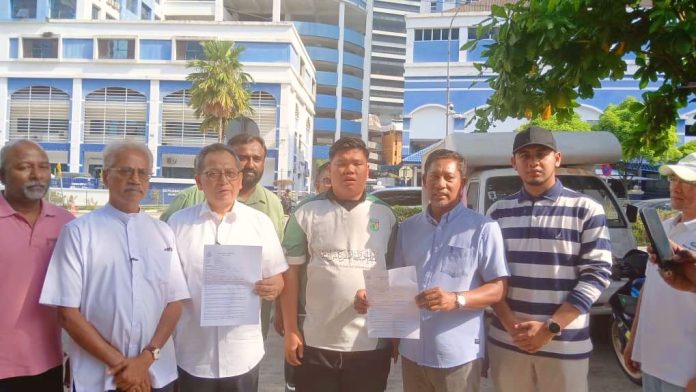PUTRAJAYA has been urged to introduce Smart-Electricity-Grid in the 12th Malaysia Plan (RMK-12) to boost renewable energy (RE) generation while improving grid reliability and reducing electricity prices.
Examples of the smart grid projects are Smart Meter (AMI), Dynamic Line Rating (DLR) and virtual power plants (VPP).
From a financing perspective, capital expenditure for the smart grid system can be recouped from financial savings compared to the existing grid, according to Parti Sosialis Malaysia (PSM) national coordinator (bureau of environment & climate crisis) Sharan Raj.
“Politically, however, smart grid disrupts the fixed profit under capacity payment enjoyed by politically-connected independent power producers (IPPs),” he told FocusM.

“Capacity payment comes in the form of a fixed rental payment to IPPs even if it is not utilised for electricity generation.”
Moreover, smart grid also eliminates the need to have huge reserve margins, thus potentially making several fossil fuel IPPs obsolete.
“Politically connected-IPPs will push against enacting smart grid to protect their fixed profit,” Sharan pointed out.
With smart grid, Malaysia is projected to be able to reduce its electricity reserve margin from 51% in 2021 to about 10% by 2025.
Going by that projection, Malaysia could shut down at least 10,000MW (megawatt) of unwanted fossil fuel power plants, thus saving on fixed standby-by fees or capacity payment to IPPs.
“Reduction in capacity payment and capital expenditure will reduce electricity tariff,” justified Sharan.
“This can thus boost purchasing power of Malaysians while reducing manufacturing cost in the country. Putrajaya should make smart-electricity-grid a priority in RMK-12.”
At the moment, adoption of smart grid is growing at a faster rate in South Asia, East Asia and Southeast Asia compared to the US and European Union (EU).
Considering that the electricity sector in this part of the world is still largely regulated, Asian governments are able to implement the smart-electricity-grid project faster than private utility companies in the highly-liberalised US and EU.
In terms of expertise, utility giant Tenaga Nasional Bhd (TNB) is some of the early world pioneers for pilot projects related to smart grid.
The pilot projects entailed, among others, the installation of 340,000 smart meter (AMI) in Melaka (in 2018), the pilot development of Dynamic Line Rating (DLR) in Peninsula Malaysia and the Home Energy Report (HER) for energy efficiency. – Feb 5, 2021









